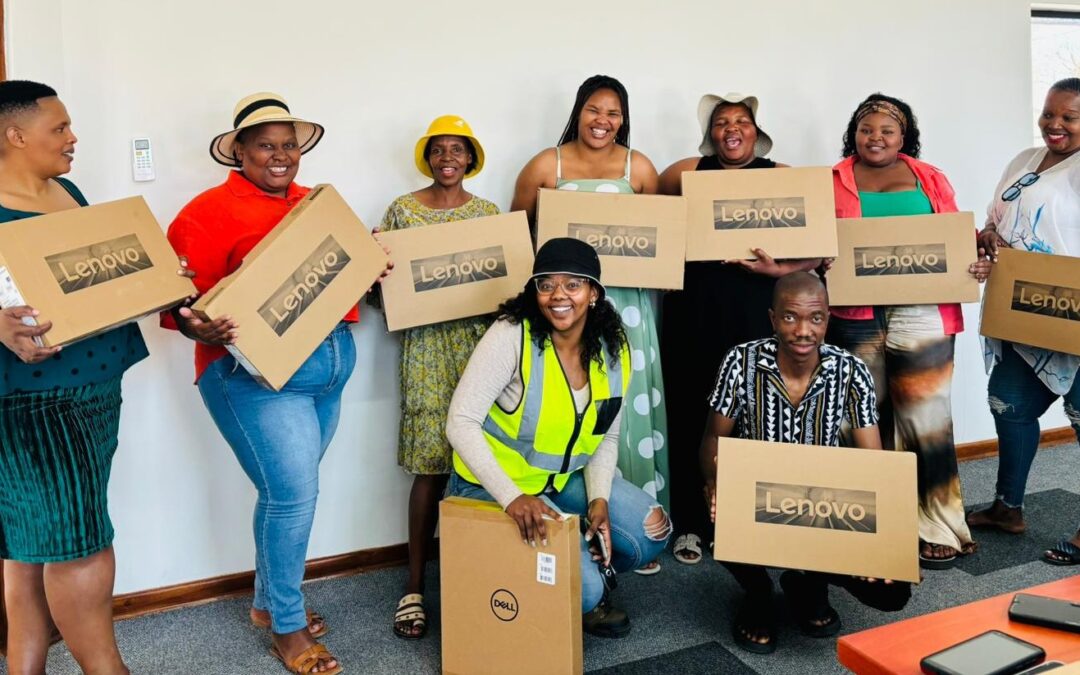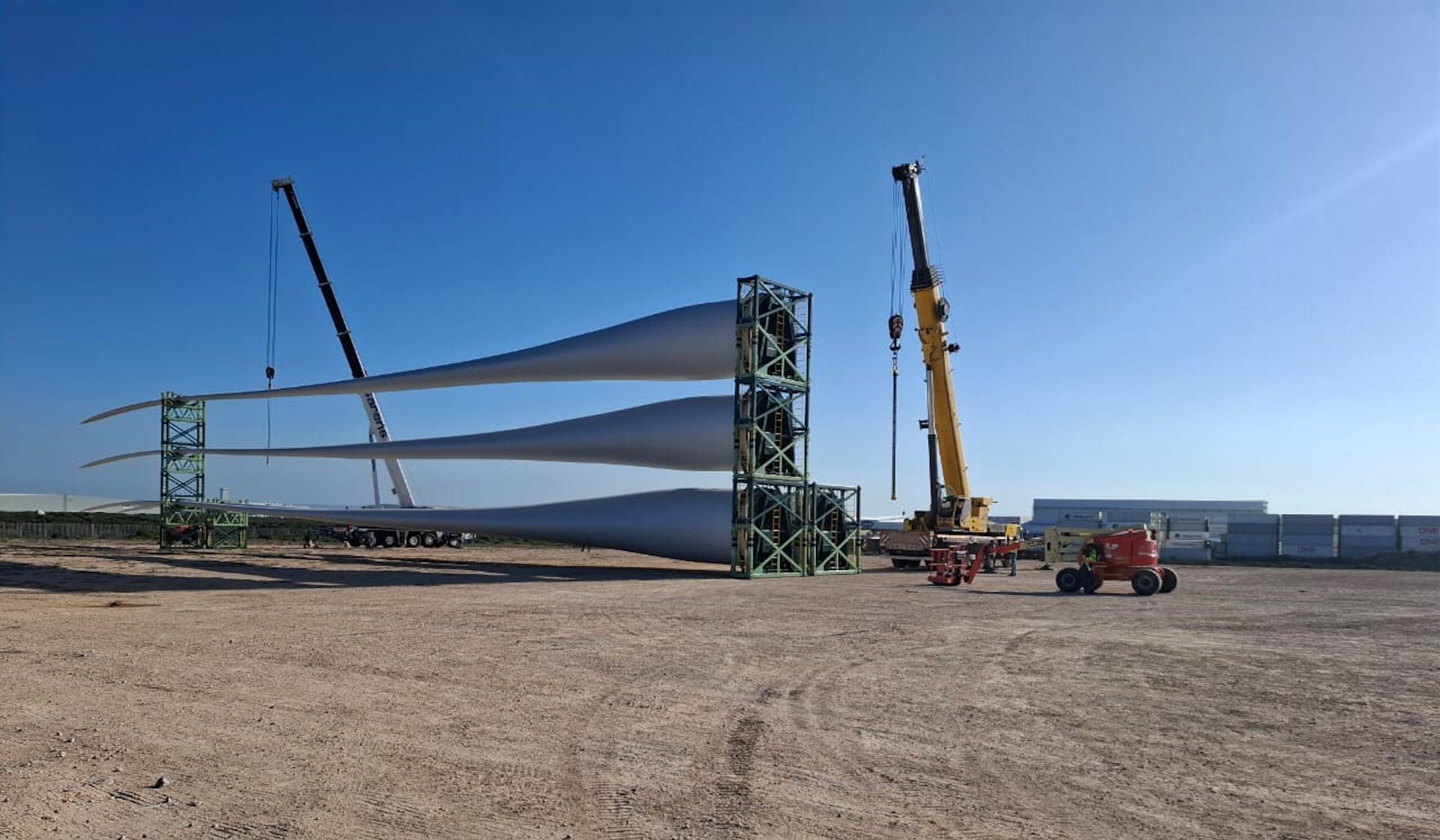A year-long small business development programme funded by ENGIE’s Golden Valley Wind Energy Facility has shown how targeted enterprise support can strengthen rural economies. Designed to address limited economic opportunities in Cookhouse, the programme equipped ten local SMMEs with skills, tools, and tailored mentorship to build more resilient, sustainable businesses.
“The programme has transformed my business,” says Siphosethu Maseti, Director of Masako Contour. “Before joining, I was not tracking expenses or keeping proper records. Submitting monthly reports introduced me to better financial practices. I also received digital marketing support and essential tools, including a laptop and printer. These made my operations far more efficient. The skills I gained helped me become one of just three winners out of 100 small businesses in a pitching competition. This programme has not only developed my business but has also developed me.”
Delivered in collaboration with business development specialists, the initiative focused on practical interventions to support growth. These included financial management training, digital readiness support, and coaching to help businesses formalise operations and identify new market opportunities.
Many participants have begun to explore new revenue streams, expanding into sectors such as construction, livestock farming, and general trading. In addition, strengthened marketing strategies and improved digital literacy have enabled these businesses to create professional profiles, better engage customers, and drive growth.
“This programme is part of a long-term vision to create self-sustaining communities,” says Thembakazi Nkawu, Social Performance Coordinator at ENGIE – Golden Valley Wind Energy Facility. “Enterprise development is a powerful lever for transformation, especially when we support local people to unlock their own potential. These 10 businesses are the start of something much larger for Cookhouse.”
For Maseti and others in the programme, the changes have been practical and personal. Some have adjusted how they track finances or manage stock. Others have started thinking differently about pricing, customer service, or how to find new clients. What connects them is a sense that their businesses are now better equipped not just to survive, but to grow.
The Cookhouse initiative did not promise overnight success. Instead, it focused on steady support and real-world skills that match the day-to-day realities of rural enterprise. For many of the participants, that has made all the difference.


